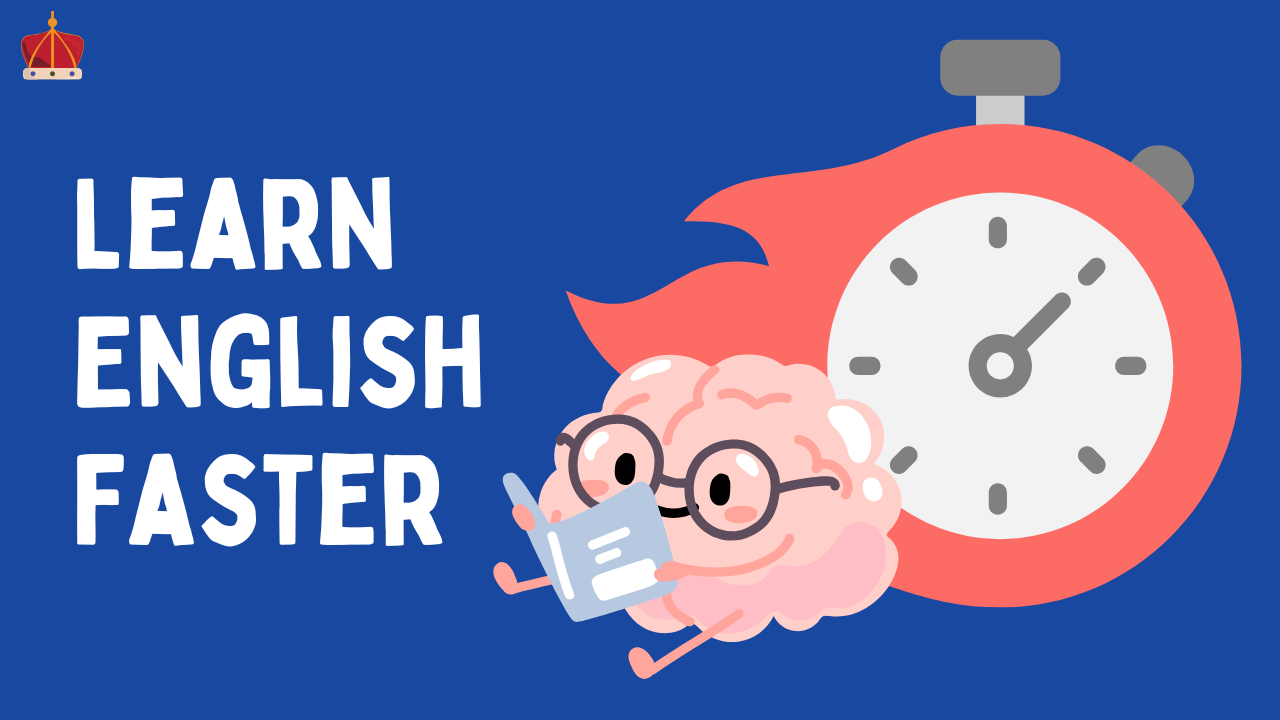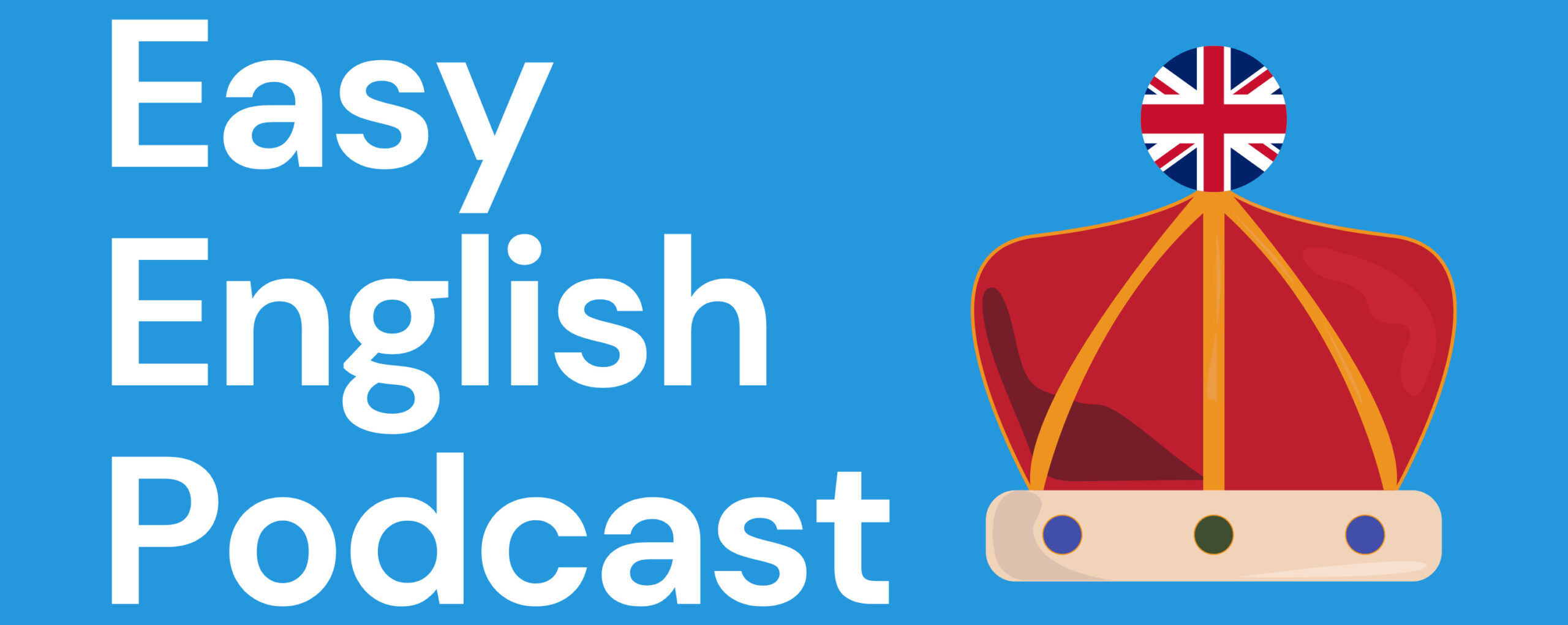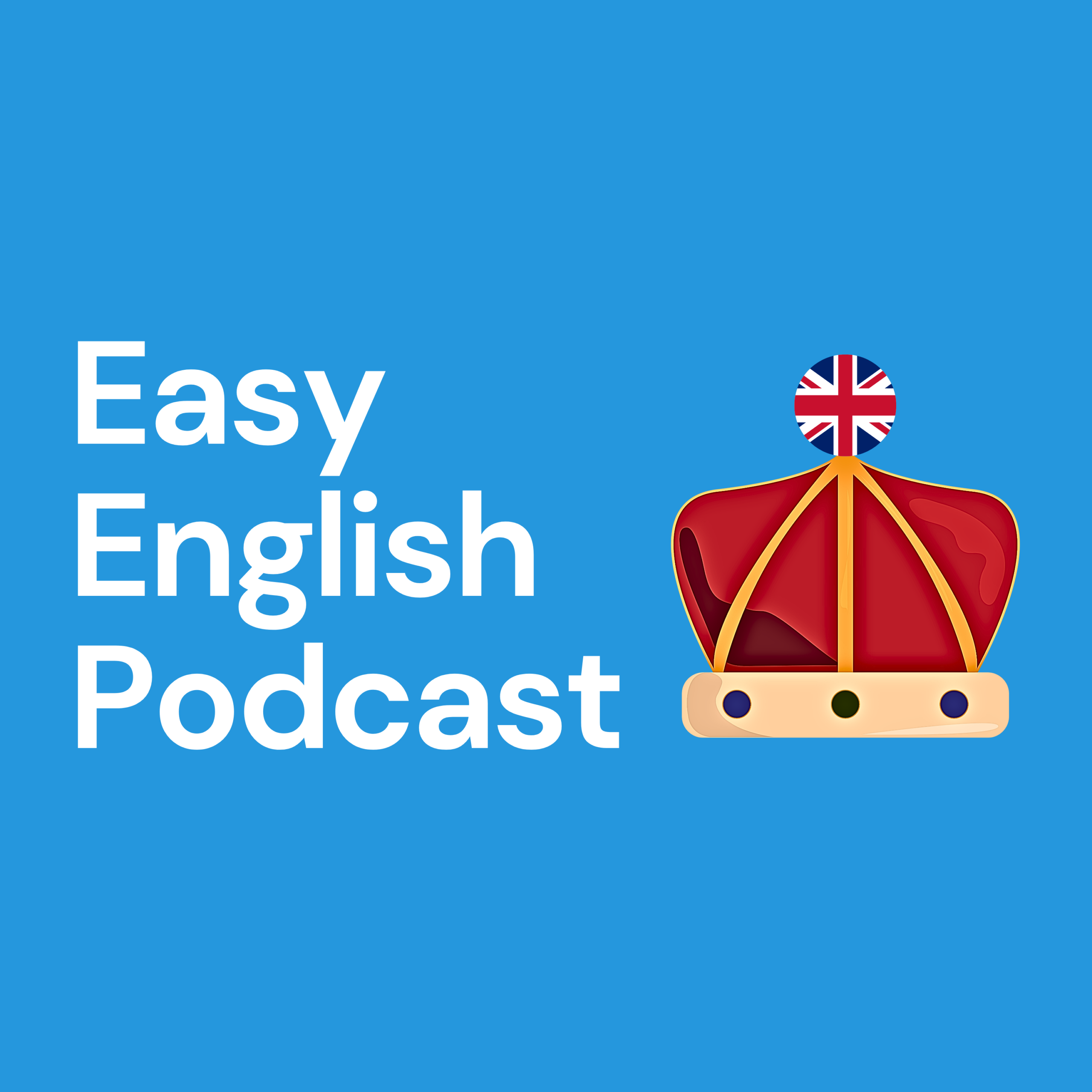
How Your Brain Learns – Vocab & Study Companion
This resource is designed to help you review the key vocabulary and concepts from the episode, giving you practical ways to apply what you’ve learned.
Key Vocabulary from the Episode
Here are the five important words we discussed. Understanding these will help you talk about how you learn!
- Cognitive (adjective): Related to thinking, understanding, and learning.
- Example: Learning a new language is a great cognitive exercise for your brain.
- Simply put: About how your brain processes information.
- Repetition (noun): Doing or saying something again and again.
- Example: Repetition is often key to remembering new information.
- Simply put: Doing something many times to learn it.
- Motivation (noun): The reason or feeling that makes you want to do something.
- Example: Having strong motivation can really help you stick to your English studies.
- Simply put: Your reason for wanting to do something.
- Consolidation (noun): The process where your brain makes new information stronger and more permanent in your memory, often during sleep.
- Example: Good sleep helps the consolidation of new memories.
- Simply put: The brain’s process of making memories stronger.
- Intrinsic (adjective): Coming from within you; based on personal enjoyment or interest.
- Example: Intrinsic motivation, like learning English because you love it, can be very powerful.
- Simply put: Coming from inside you, not from outside rewards.
Vocabulary Exercises
Exercise 1: Choose the Best Word
Read each sentence and choose the vocabulary word that best fits the blank.
- If you have strong ___________ to learn English, you will likely study more.
- My teacher said that practicing every day through ___________ will help me remember vocabulary.
- Solving puzzles is a great way to improve your ___________ skills.
- After studying, a good night’s sleep helps with memory ___________.
- Her love for reading is truly ___________; she reads because she enjoys it, not for school.
(Answers: 1. motivation, 2. repetition, 3. cognitive, 4. consolidation, 5. intrinsic)
Exercise 2: Explain in Your Own Words
Using your own words, explain the meaning of these terms:
- What does it mean when your brain “consolidates” information?
- Give an example of “intrinsic motivation” for learning English.
Comprehension Questions from the Episode
Test your understanding of the episode by answering these questions:
- According to the podcast, what is one “cognitive strategy” you can use when learning a new word?
- Why is “repetition” important for your brain to remember new English information?
- What is the difference between having strong motivation and having “intrinsic” motivation?
- How does getting good quality sleep help you learn English?
- What does the podcast suggest about making “connections” when you learn new English words?
- What were some of the listener tips shared in the episode for remembering new English words?
Reflect & Discuss
Use these questions for personal reflection or to discuss with a study partner:
- Which of the learning psychology tips from the episode do you already use? Are they effective for you?
- Which tip are you most interested in trying after listening to this episode? Why?
- Do you have an example of when your “motivation” to learn English was particularly strong (or weak)?
- How do you think your brain “consolidates” information after a long English study session?
We hope this study companion helps you solidify your understanding of how your amazing brain learns English best! Keep practicing, keep reflecting, and remember to use these psychological insights to make your English journey even more effective.

